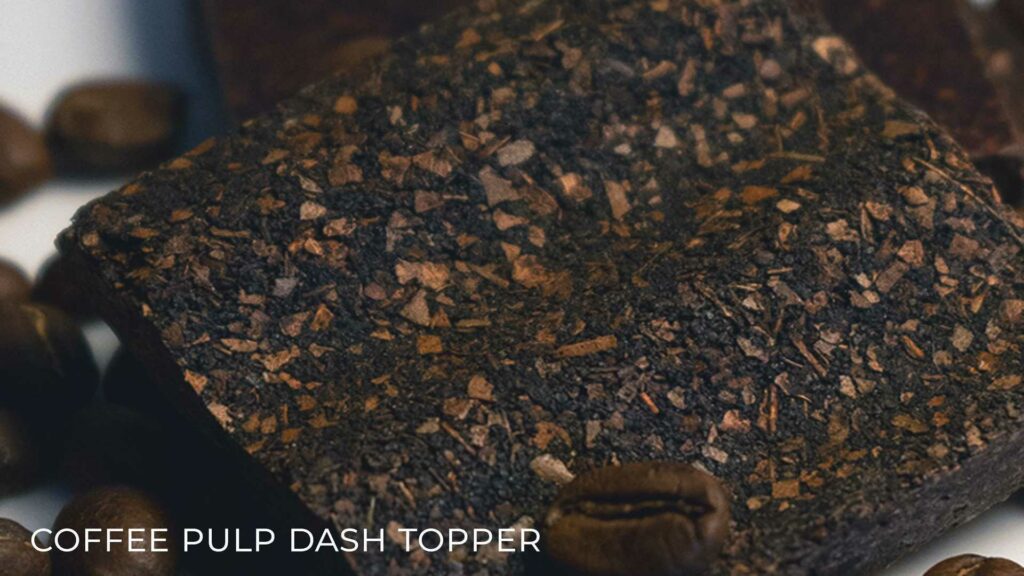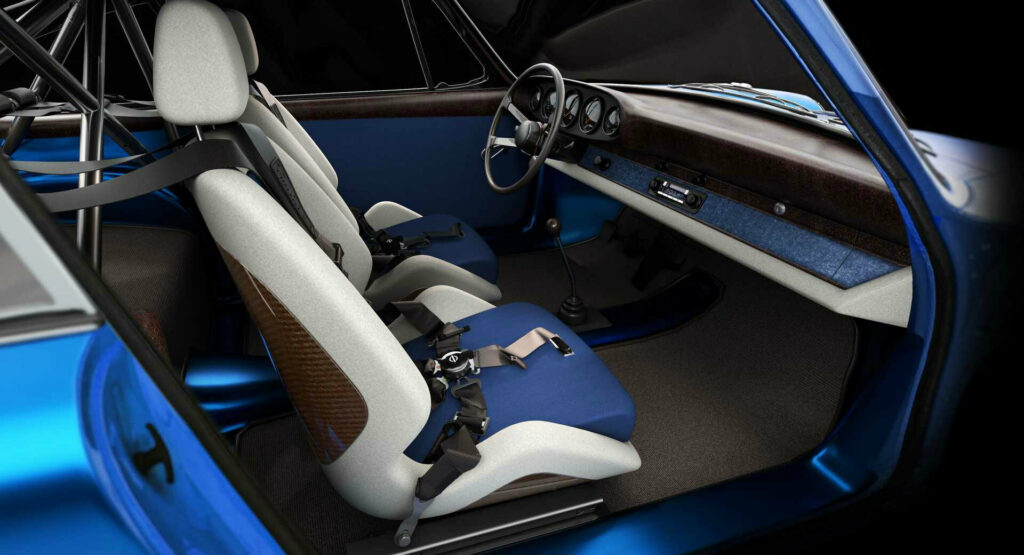Having departed Jaguar Land Rover as its design boss in mid-2019, Ian Callum went on to found Callum Designs, a brand that wants to push the limits of sustainable design. Its latest project, dubbed the Sustainability Case Study, aims to demonstrate how discarded food products can be used in a car interior in 2030.
Using a restomod Porsche 911 as their base, the design team from Callum reached out to green-tech company Ottan to determine the most appropriate materials that could be used for meeting the requirements of a car interior.
Ottan discovered that mixing eggshells with a resin can create a smooth, opaque material with a glossy or matte surface that could be used for the trim surround for a vehicle’s window switches. Walnut shells can also be mixed into this material. Additionally, out-of-date rice or lentils can be turned into a translucent material that could be used for lamp covers or illuminated switches.

The food waste that can be recycled doesn’t stop there. Coffee pulp could be used to produce decorative trim including dashboard inserts while purple carrot pulp can also be used to offer vivid colors for various pieces of trim. Tree leaves can also be used to trim a center console or dashboard and act as an alternative to wood veneers.
Various other materials were identified as being fitting for a car interior. These include Camira, a fabric made from marine plastic waste including polyester for the seats. Another material called Féline, produced from PET bottles, could also be used for seat bolsters. Econyl, which is made out of fishing nets, is also identified as an alternative to normal automotive carpets.
Read: Ian Callum’s $10k Lounge Chair Is Limited To 50 Units, Features Carbon, Wood, And Leather
“Around the world, we consume roughly 62 million tonnes of textiles a year and around 87 percent of the total fiber input used for clothing is either landfilled or incinerated,” the head of materials and sustainability at Callum, Charlotte Jones described in a press release. “Companies such as Planq take jeans, then shred and press them with potato or corn starch to create a hard veneer that could be used for seat shells or dash centers. The SMS design study was created by CALLUM to illustrate that there is another way, and we can support manufacturers and suppliers identify engineered alternatives that end consumers are increasingly looking for.”















